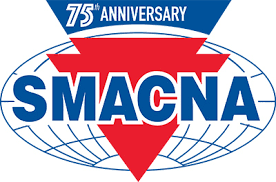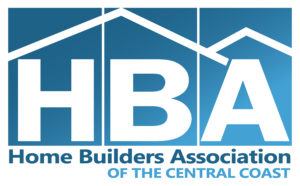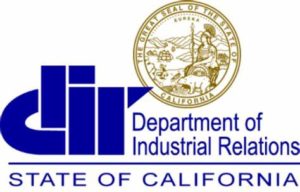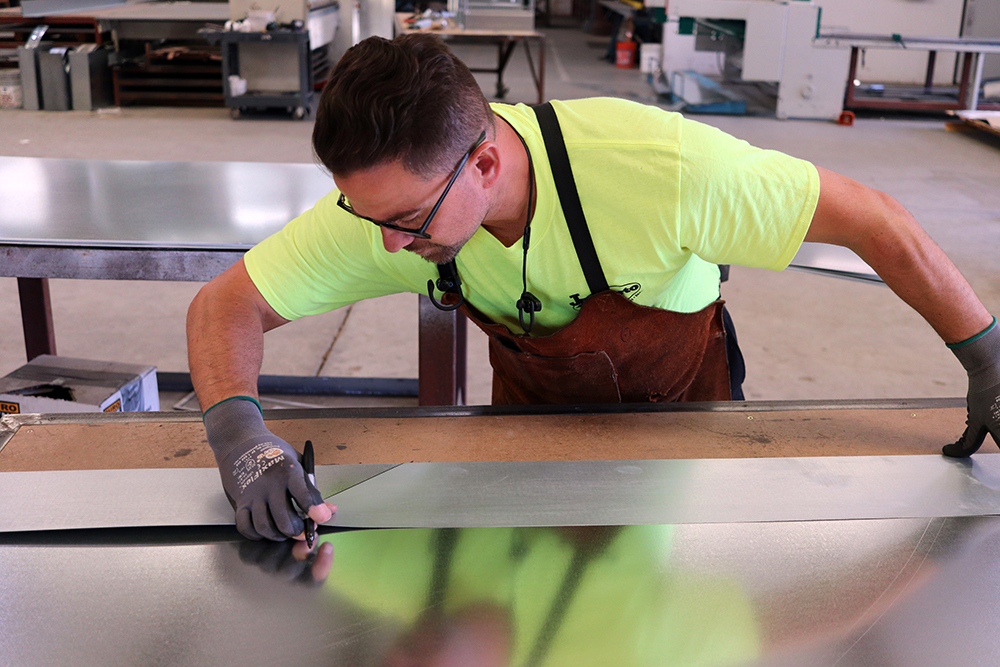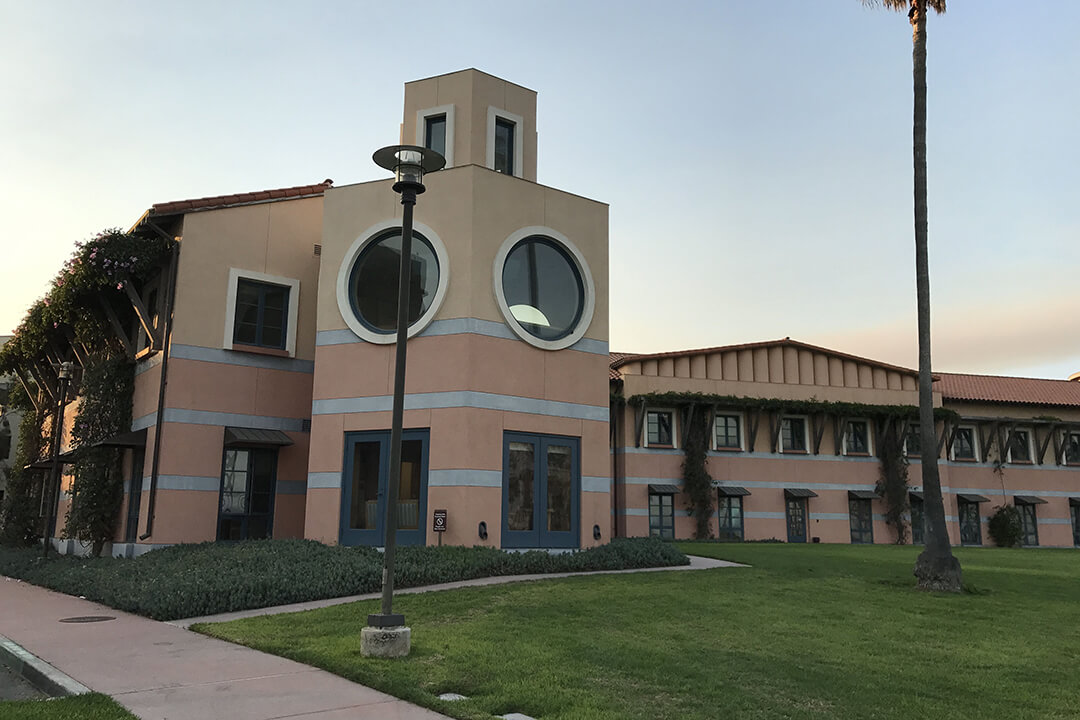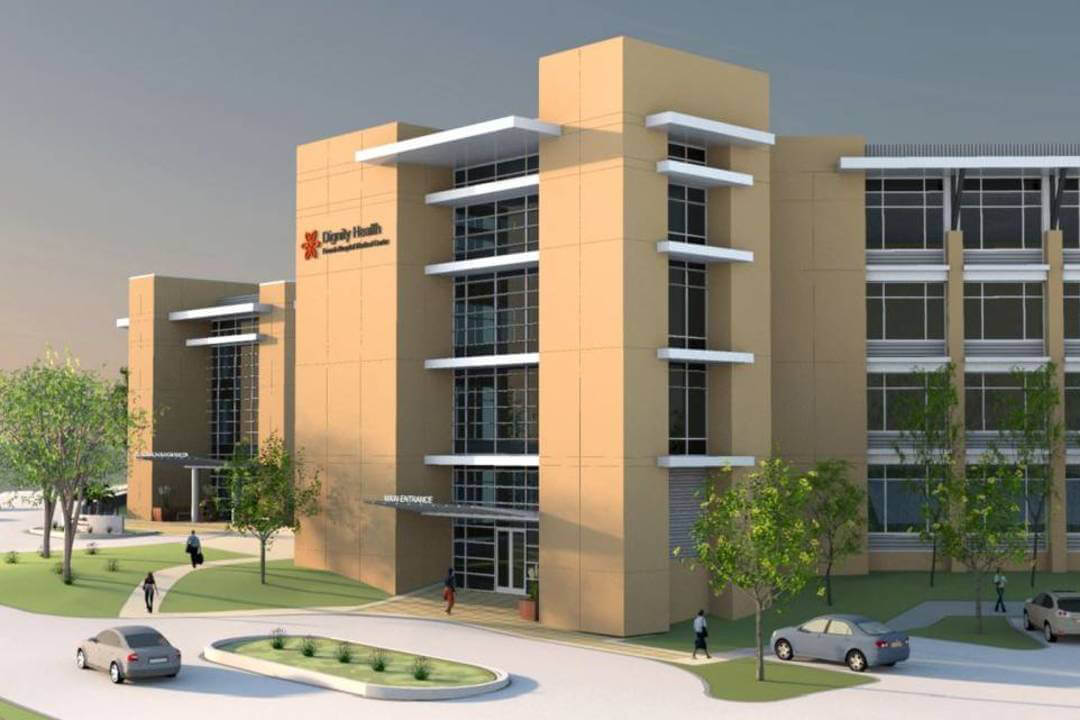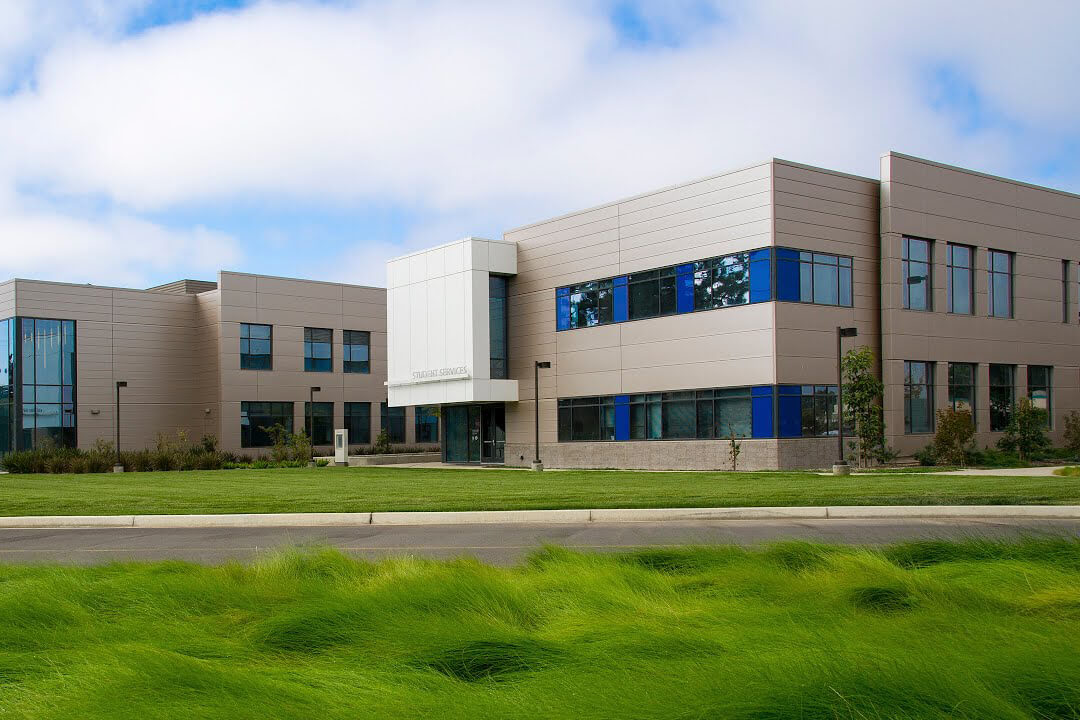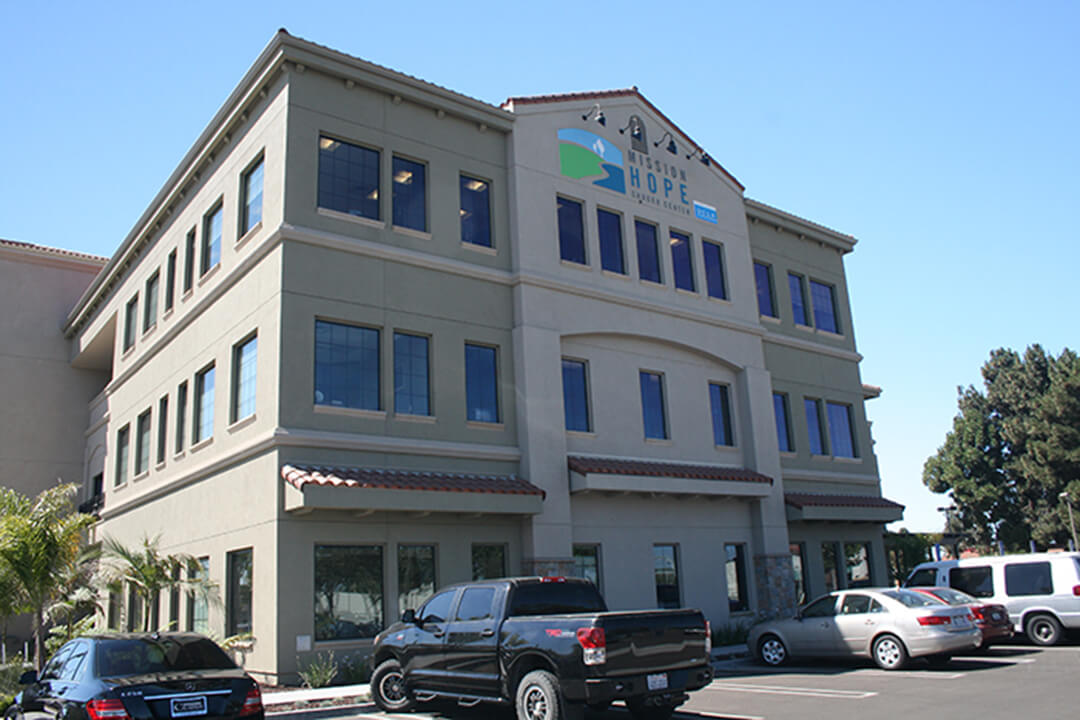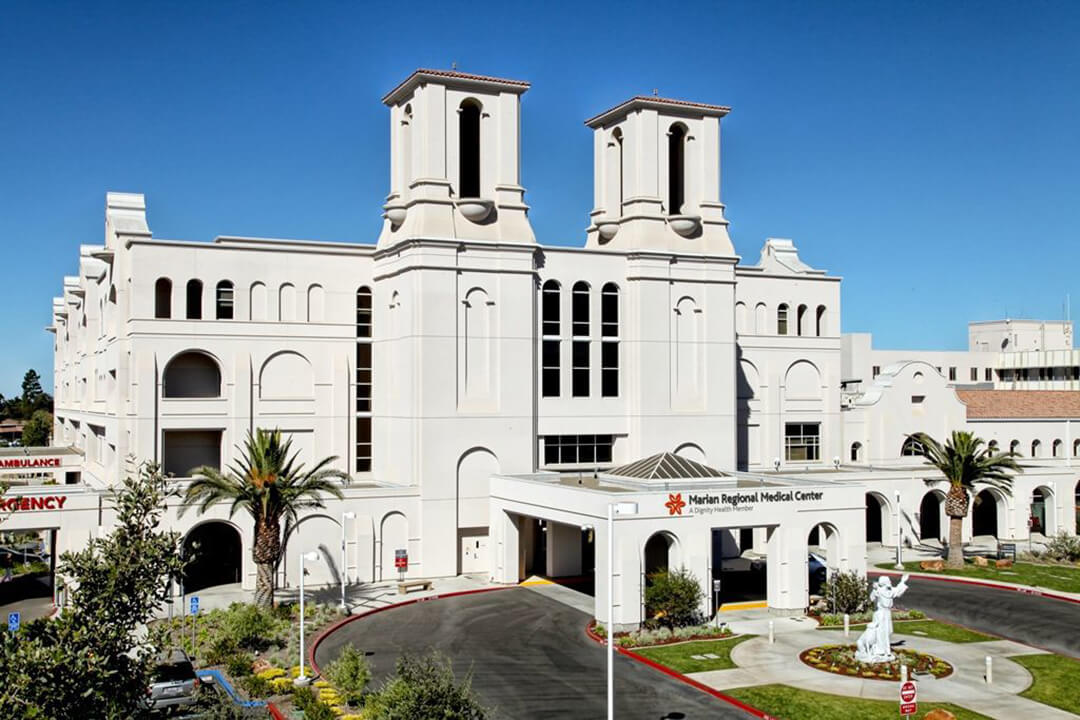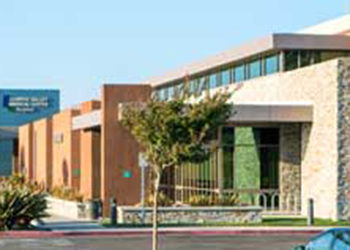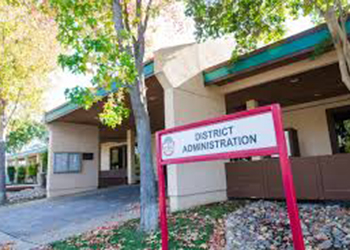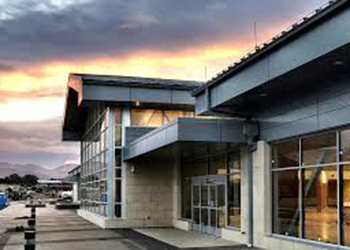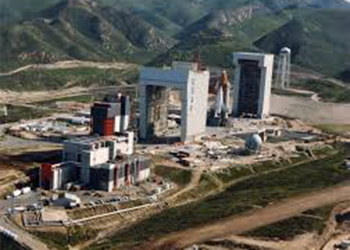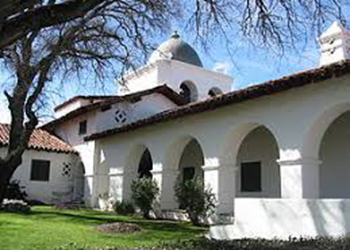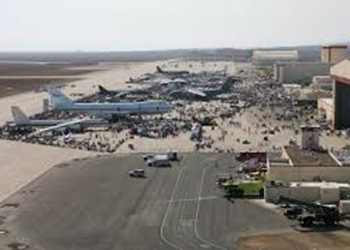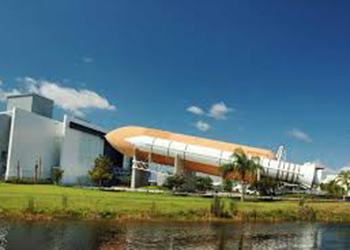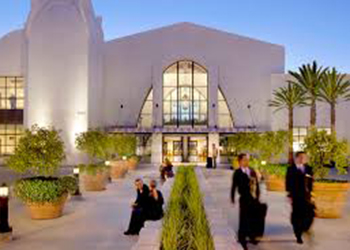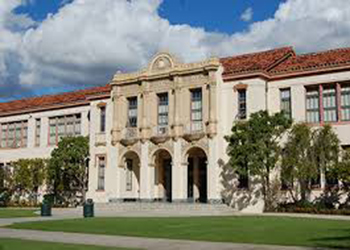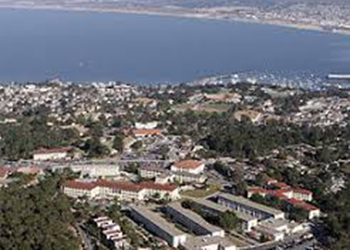Frequently Asked Questions
How do I choose the right HVAC unit for my business?
Choosing the right HVAC unit for your business involves assessing your space's size, insulation, and specific heating and cooling needs to ensure optimal comfort and efficiency. Consulting with an HVAC professional can help streamline the selection process.
How does a commercial HVAC system affect property values?
A commercial HVAC system significantly affects property values by enhancing energy efficiency, improving indoor air quality, and ensuring reliable climate control, which are attractive features for potential buyers and tenants. This investment can lead to higher property demand and increased resale value.
What are the top brands for commercial HVAC systems?
The top brands for commercial HVAC systems include Trane, Carrier, Lennox, York, and Rheem. These manufacturers are known for their reliability, efficiency, and advanced technology, making them ideal choices for large-scale installations.
What is the cost of installing a commercial HVAC system?
The cost of installing a commercial HVAC system varies based on factors like system size, complexity of installation, and specific requirements. Typically, you can expect costs to range from several thousand to tens of thousands of dollars.
What are the advantages of commercial HVAC maintenance contracts?
The advantages of commercial HVAC maintenance contracts include improved system efficiency, reduced emergency repair costs, extended equipment lifespan, and enhanced indoor air quality, ensuring a comfortable environment for your business while minimizing downtime.
How long does a commercial HVAC system typically last?
The lifespan of a commercial HVAC system typically ranges from 15 to 25 years, depending on maintenance, usage, and the specific system’s quality. Regular servicing can help maximize its longevity and efficiency.
What are the local regulations for commercial HVAC installations?
Local regulations for commercial HVAC installations include compliance with building codes, safety standards, and environmental guidelines. Specific requirements may vary by jurisdiction, so it's essential to consult local authorities or a licensed HVAC contractor for detailed guidance.
How often should I service my commercial HVAC equipment?
Regular servicing of commercial HVAC equipment is essential to ensure optimal performance, typically recommended at least twice a year—once in the spring and once in the fall. This frequency helps prevent breakdowns and prolongs the system's lifespan.
What is the purpose of a commercial HVAC system?
The purpose of a commercial HVAC system is to regulate indoor temperature, humidity, and air quality, ensuring a comfortable and safe environment for employees and customers in commercial spaces.
How can I reduce energy costs with my commercial HVAC system?
Reducing energy costs with your commercial HVAC system involves regular maintenance, upgrading to energy-efficient models, optimizing your thermostat settings, and utilizing programmable controls to match occupancy needs. Consider scheduling an energy audit for tailored recommendations.
What are the common types of commercial HVAC systems?
The common types of commercial HVAC systems include rooftop units, split systems, and variable refrigerant flow systems, each designed to efficiently meet the heating and cooling needs of large commercial spaces.
Can I customize a commercial HVAC system for my business?
Customizing a commercial HVAC system for your business is not only possible but often essential to meet your specific needs. Our expert team at JR Barto can design and install a tailored system that optimizes efficiency and comfort for your unique space.
What are the benefits of energy-efficient commercial HVAC systems?
The benefits of energy-efficient commercial HVAC systems include reduced energy costs, lower environmental impact, improved indoor air quality, and enhanced system longevity. These advantages lead to significant savings and a healthier workplace atmosphere for employees and customers alike.
What are the components of a commercial HVAC system?
The components of a commercial HVAC system include heating units, ventilation systems, air conditioning units, ductwork, thermostats, and control systems. These elements work together to maintain optimal indoor air quality and comfort in large commercial spaces.
How do I troubleshoot common commercial HVAC issues?
Troubleshooting common commercial HVAC issues involves checking the thermostat settings, inspecting the air filters for clogs, ensuring power supply to the unit, and looking for unusual noises. If problems persist, consult a professional for a thorough diagnosis.
How does a commercial HVAC system impact employee productivity?
The impact of a commercial HVAC system on employee productivity is significant. A well-functioning HVAC system maintains optimal temperature and air quality, reducing discomfort and distractions, which in turn enhances focus and overall work efficiency.
Can I finance a commercial HVAC system purchase?
Financing a commercial HVAC system purchase is available through various options. We can assist you in exploring financing solutions that fit your budget, ensuring a smooth acquisition of your HVAC system.
Can I install a commercial HVAC system myself?
Installing a commercial HVAC system yourself is not recommended. These systems are complex and require specialized knowledge to ensure proper installation, safety, and efficiency. It's best to hire a qualified professional for this task.
How does a commercial HVAC system affect indoor air quality?
A commercial HVAC system significantly impacts indoor air quality by regulating temperature and humidity, filtering out pollutants, and ensuring proper ventilation. This helps maintain a healthy environment for building occupants, reducing allergens and enhancing overall comfort.
What are the signs of a failing commercial HVAC system?
The signs of a failing commercial HVAC system include inconsistent temperatures, unusual noises, increased energy bills, frequent breakdowns, and poor air quality. Addressing these issues promptly can prevent further damage and ensure efficient operation.
